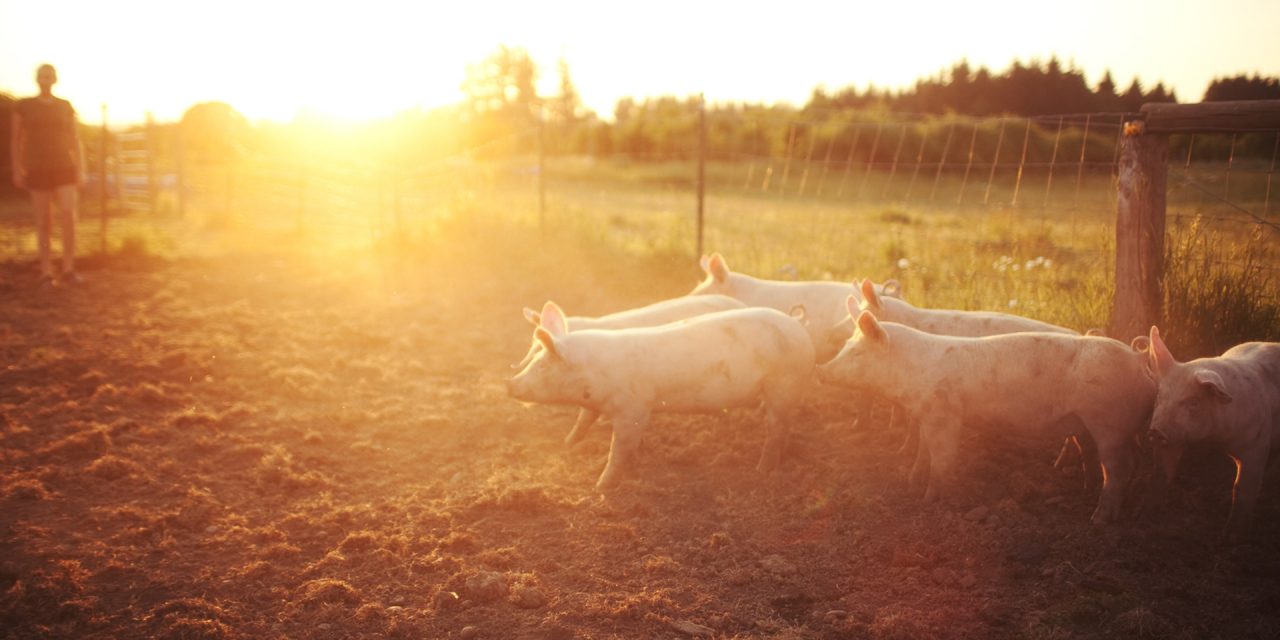The COVID-19 crisis has hit livestock farmers particularly hard. First, stay-at-home orders destroyed demand from restaurants and schools – a huge portion of the meat and dairy market. As the pandemic grew and spread, it began to impact the employees at meat processing facilities. This caused several processors to slow down or close their operations while implementing new worker safety measures and deep-cleaning the facilities.
Hog farmer and Missouri Farm Bureau Vice President Todd Hays recently joined our Digging In podcast to explain exactly why these temporary slowdowns and closures are so impactful on farmers. Mr. Hays explained that processors essentially work on a just-in-time inventory system. Farmers are scheduled to ship pigs to the processor about a week in advance, and they are typically processed within hours of delivery.
Most hog farmers have a certain number of new piglets born every week and send a similar number to the processing facility to make room for the newborns’ arrival. When processors stop accepting new deliveries, it throws a wrench in the works of the usual system. Farmers have to find a place on the farm to store market-ready pigs until the processor gets back up to full capacity and can work through the backlog.
According to Mr. Hays, most hog farmers have no more than two weeks’ worth of wiggle room to keep pigs on-farm. While they build in this extra space to account for bad weather or unforeseen circumstances, it is totally inadequate to respond to a long-term disruption at processing plants.
Farmers can take some steps to alter the hogs’ diet to slow down their growth and keep them from getting too large to process. By doing this, they will still be at a weight that the processors will accept when they return to normal operations.
Missouri Farm Bureau supports President Trump’s recent decision to declare meat processors “essential” businesses. This declaration is intended to help keep the production line moving while providing more access to resources like personal protective equipment (PPE). Many workers at meat processing facilities live in close quarters with multi-generational families. Like with other businesses, keeping employees as safe as possible while they are at work is vital so as to not spread infection through their communities.
Once processors return to normal capacity, it will take time for them to work through the backlog of animals caused by the slowdowns and shutdowns. Until the processors can get back on top of the flow of animals, farmers and grocery-store shoppers may continue to feel the squeeze.
There is no shortage of supply on the farms, but we need to get the pipeline reopened to get meat to stores. Missouri Farm Bureau will continue to advocate for policies that will keep workers safe while opening up the flow of meat from farmers to consumers.


